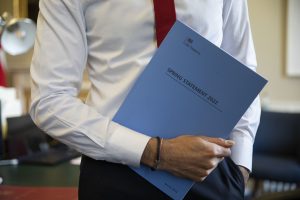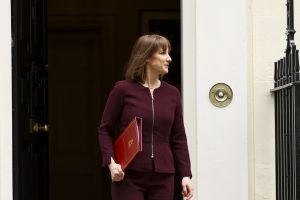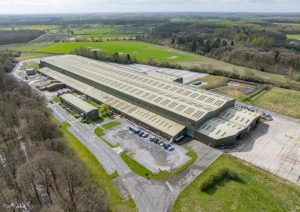Chancellor promises change, but not yet

Chancellor Rishi Sunak’s Spring Statement set the direction of travel for fiscal policy for the rest of the Parliament but future measures overshadowed actions being taken now.
He announced the basic rate of income tax will be cut from 20p to 19p, but only by the end of the Government’s term in 2024.
Sunak also set out “three priorities for this autumn” around people, capital and ideas. He talked of “a new culture of enterprise” with final decisions to be announced in the Autumn Budget, including the reform of R&D tax credits, and considering cutting the tax rates on business investment.
In the 28-minute statement, Sunak sought to address the cost of living crisis and ease pressure from critics about the incoming rise in National Insurance.
He increased the National Insurance contributions threshold by £3,000 “to fully equalise the NICs and income tax threshold”, from this July to £12,570.
Sunak said the “£6bn personal tax cut” would benefit 30m people and see 70% of people benefit once the increase and the threshold changes are combined.
The Chancellor also set out a trio of targeted measures – a 5p-per-litre cut in fuel duty until next March, zero-rating VAT on energy efficiency investments by homeowners on items such as a solar panel set, and doubling the household support fund to £1bn.
The measures were met by a clear “is that it?” heckle from the opposition benches.

(Credit: HM Treasury / Flickr)
He was delivering his Spring Statement against a challenging economic backdrop – this morning inflation revealed to have increased to 6.2% in February, the highest rate for 30 years – and a volatile geopolitical situation caused by Russia’s invasion of Ukraine.
“The actions we have taken to sanction Putin’s regime are not cost free for us,” said Sunak.
“There is unusually high uncertainty around the outlook. It is too early to know the full impact of the trade war on the UK economy. ”
He revealed updated forecasts from the Office for Budget Responsibility that set out GDP expectations of 3.8% this year, before falling away to 1.8% next year than 2.1%, 1.8% and 1.7% in the following years.









